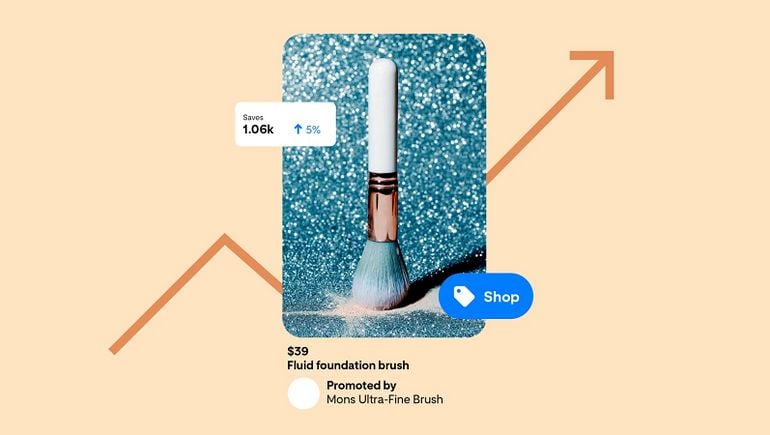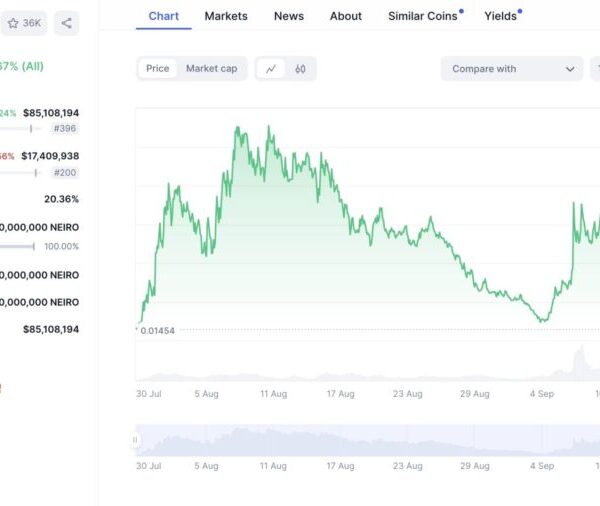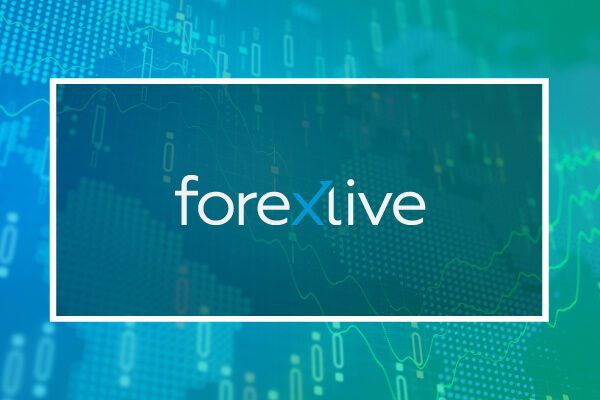It seems that some people on LinkedIn have been abusing their free trials of LinkedIn Premium, with LinkedIn updating its info page on its paid subscription offering to clarify the rules around free trial eligibility.
“If you are already using, or have already used, a free Premium trial, you may not be eligible for any further free Premium subscriptions, even if it has been more than 12 months since your previous free trial.”
You’ve no doubt been prompted (repeatedly) by LinkedIn to activate or re-activate Premium, as it works to maximize take-up of its paid subscription tier.
But evidently, some have been pushing for more free trials, which has prompted LinkedIn to add definitive clarification as to when and how its Premium trials are made available:
“Free Trial eligibility is dependent on a wide range of variables, and not all LinkedIn users have free trial eligibility. Additionally, you cannot switch between different Premium plans for free during the trial period.”
So it seems that LinkedIn has been pressed on its actual rules around Premium trials, and when, and how, users can access them, so it’s now added more detail as to what types of trials are actually available to users, and when.
LinkedIn Premium is one of the more successful social media subscription offerings, with the lure of improved job search tools and profile discoverability helping to drive more take-up of the option.
According to reports, LinkedIn Premium currently has around 175 million paying subscribers, which equates to around 18% of the platform’s members paying to use the service.
That’s significantly higher than those paying for X Premium or Snapchat+, even besting YouTube’s Premium subscription offering.
As such, LinkedIn Premium remains an important revenue driver for the app, which is why it’s going to keep prompting you to try it out, in order to experience the full scope of LinkedIn features.
But you can’t try out every Premium option for free, and you can’t get a free trial every year, necessarily.
LinkedIn’s revised explanation now clarifies this aspect.














